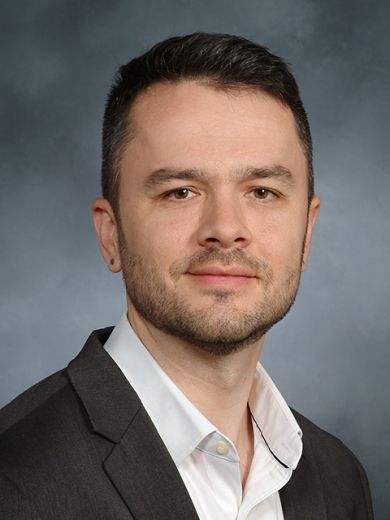How precision medicine will shift from research to clinical care
This is an excerpt of an article that appeared in Health IT Analytics. Read the full story here.
Researchers are starting to be able to identify the genetic roots of certain cancers, but the acknowledgement that “cancer” is not a single disease is central to being able to treat it effectively, added Marcin Imielinski, a Core Member and Assistant Investigator at the New York Genome Center.
“Ultimately, cancer is not a single disease,” said Imielinski, who is also an Assistant Professor at Weill Cornell Medical Medical College. “It’s a constellation of different diseases that you can subdivide based on organ type or tissue pathology, but you can also divide it on the basis of their genetic changes.”
“If we do that, we can start considering each of those almost as a separate disease, and we can find right the drug for that specific disease.”
But sequencing tumors one by one will not help researchers move quickly enough to generate the large-scale insights necessary to produce blockbuster breakthroughs for the millions of patients who may benefit from targeted approaches to their treatments, he added.
“We need to do larger panels or exomes or genomes to define those subgroups. These are the options we’re pursuing. But until that happens, we’re not going to generate the critical mass of data that can kick start this whole process.”



